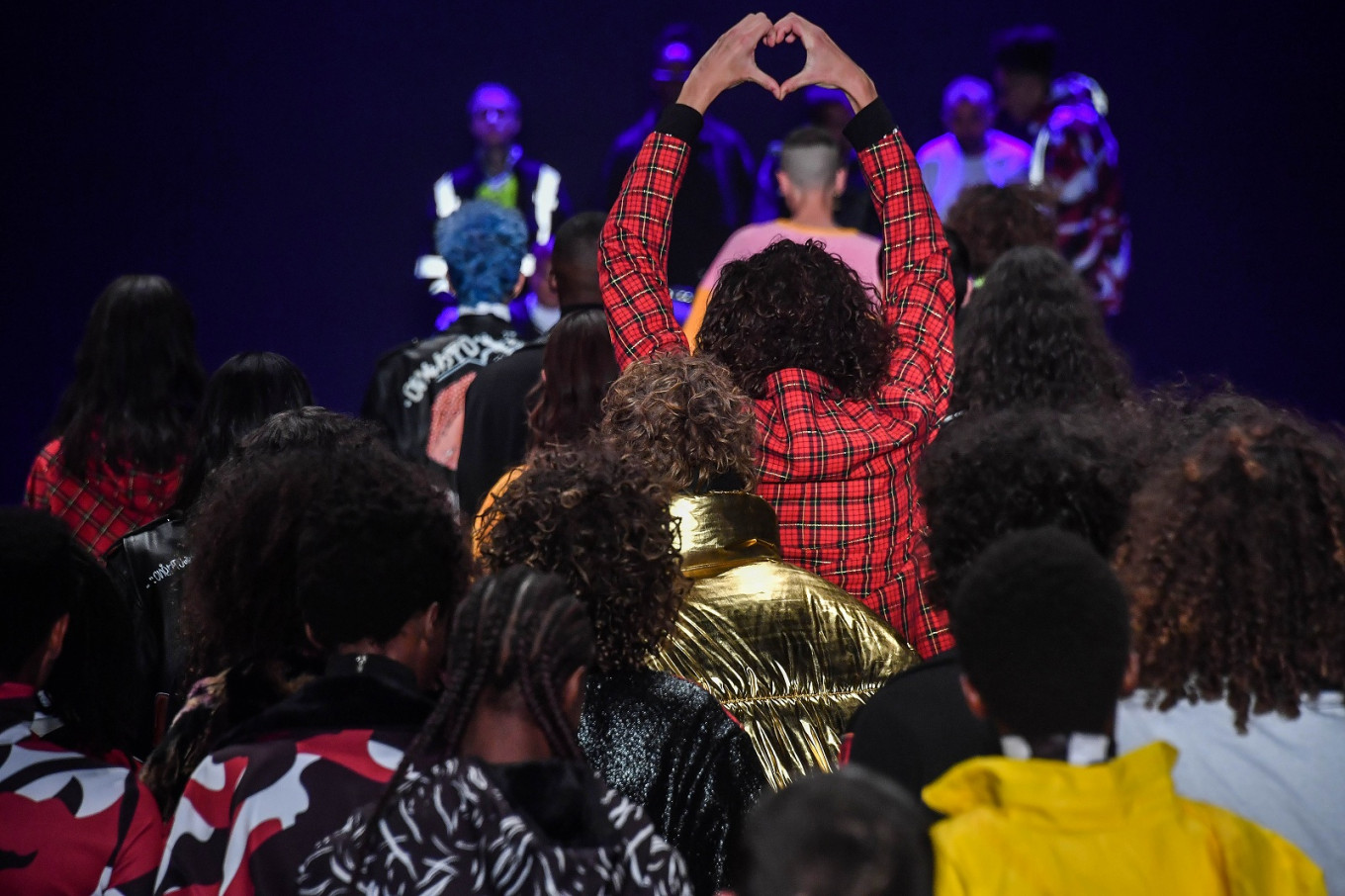Popular Reads
Top Results
Can't find what you're looking for?
View all search resultsPopular Reads
Top Results
Can't find what you're looking for?
View all search resultsFashion's sustainability push isn't keeping up with rapid growth
Change text size
Gift Premium Articles
to Anyone
T
he fashion industry’s progress on reducing its environmental impact isn’t moving fast enough to counteract its rapid growth, according to a report by consultancy BCG and sustainable fashion groups.
Fashion brands improved their environmental and social impact in 2018, but progress was slower than in the previous year, according to the report. It measured brands’ efforts to make and implement various commitments like reducing carbon emissions and water use, boosting the use of sustainable materials, and paying fairer wages.
Euromonitor expects the worldwide apparel and footwear market to grow around 5 percent per year through 2030. That would mean raising annual production of fashion to more than 100 million tons and “exerting an unprecedented strain on planetary resources,” the report said.
“The industry really needs to pick up the pace. Brands are improving at a slower rate and at the same time we’re seeing a huge production increase,” said Morten Lehmann, chief sustainability officer of the Global Fashion Agenda, one of the groups sponsoring the report.
Read also: Nike, H&M and Burberry join forces for sustainable fashion
Fashion companies across the price spectrum, from fast-fashion giant Hennes & Mauritz AB to luxury outfits like Gucci owner Kering SA and LVMH, have announced new commitments on sustainability in recent years. Consumers and regulators alike are increasingly concerned about the costs of the fast-moving industry, whose carbon emissions are estimated to be more than those of all international flights and maritime shipping combined.
Outcry over some of the the industry’s most visible excesses -- such as high-end players destroying unsold stock to prevent selling at steep discounts -- have led brands like Burberry Group Plc to ramp up efforts on recycling and reusing materials. Kering is looking for ways to make raw materials like cotton and cashmere more traceable so that it can impose more rigorous standards on its suppliers.
But surging demand for fashion -- led by developing countries and particularly China -- means that these changes are rarely enough to reduce brands’ environmental impact in absolute terms.
A spokeswoman for H&M said the report didn’t fully reflect progress companies made on implementing existing commitments. The Swedish retailer has reduced its overall carbon emissions by 11 percent since 2017 and has boosted the use of recycled, organic or fair-trade-certified cotton to 95 percent, she said.











